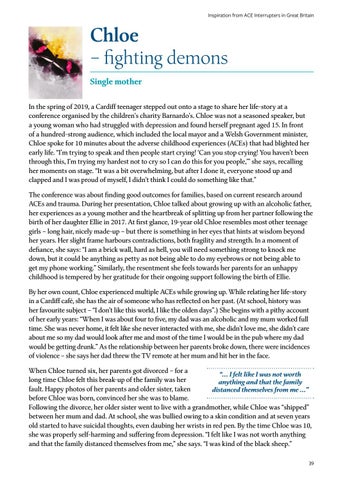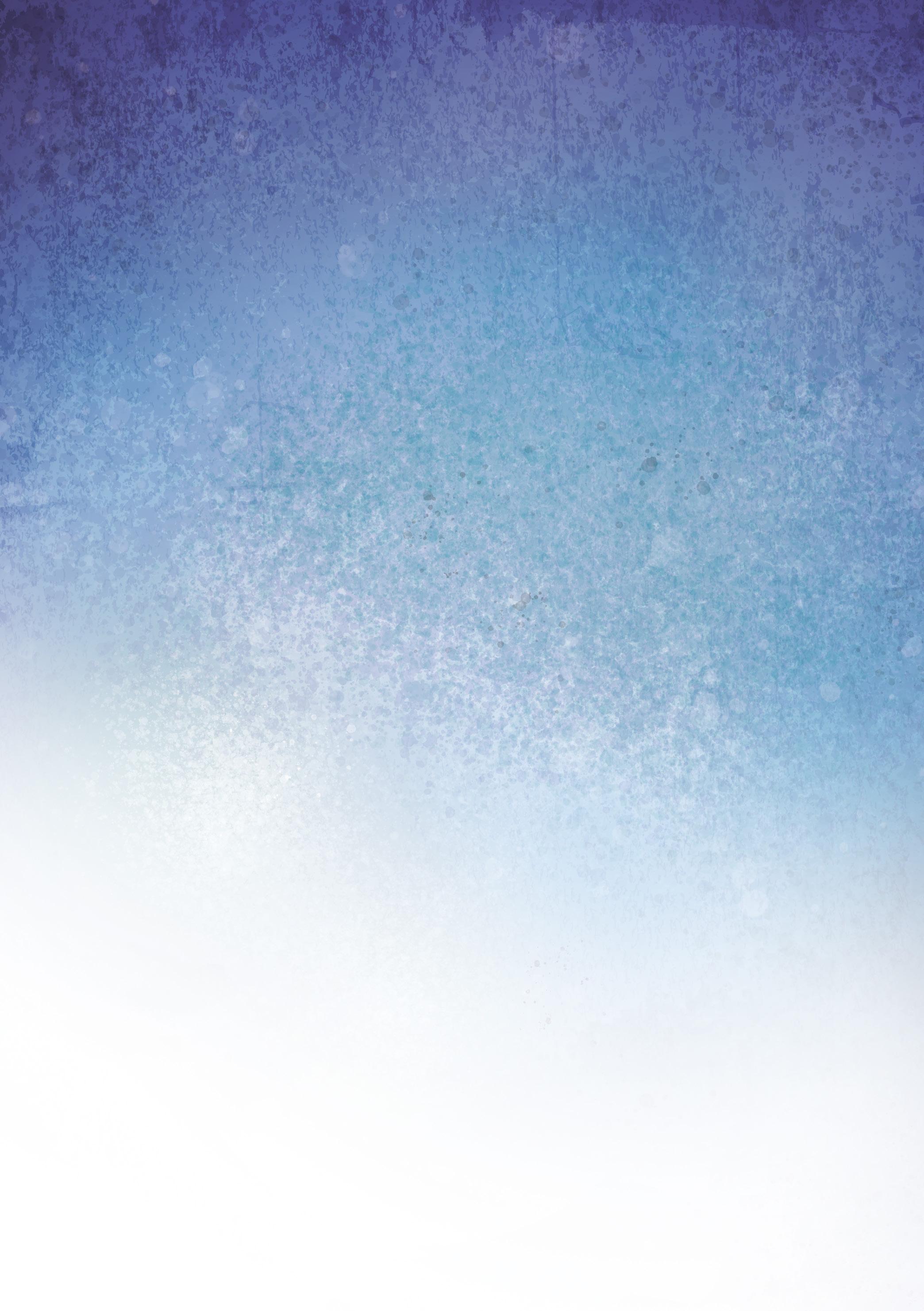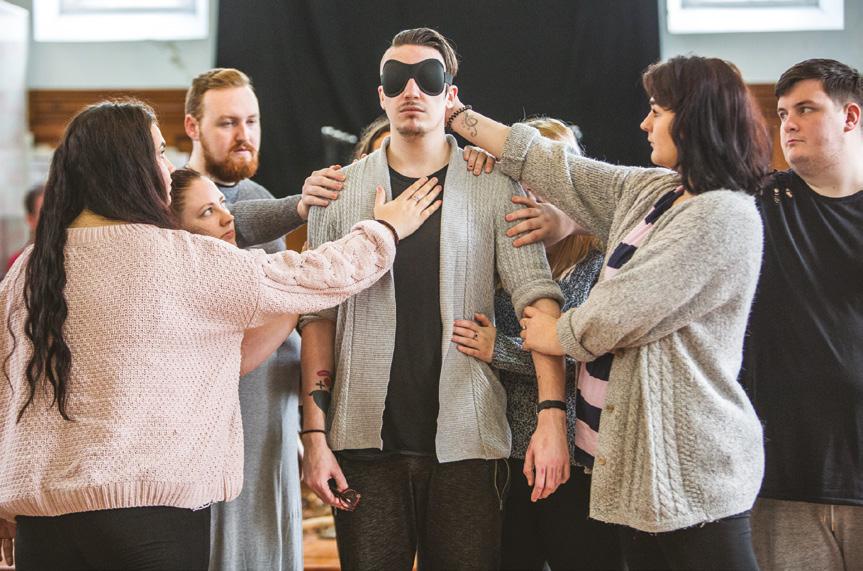Inspiration from ACE Interrupters in Great Britain
Chloe – fighting demons Single mother In the spring of 2019, a Cardiff teenager stepped out onto a stage to share her life-story at a conference organised by the children’s charity Barnardo’s. Chloe was not a seasoned speaker, but a young woman who had struggled with depression and found herself pregnant aged 15. In front of a hundred-strong audience, which included the local mayor and a Welsh Government minister, Chloe spoke for 10 minutes about the adverse childhood experiences (ACEs) that had blighted her early life. “I’m trying to speak and then people start crying! ‘Can you stop crying! You haven’t been through this, I’m trying my hardest not to cry so I can do this for you people,’” she says, recalling her moments on stage. “It was a bit overwhelming, but after I done it, everyone stood up and clapped and I was proud of myself, I didn’t think I could do something like that.” The conference was about finding good outcomes for families, based on current research around ACEs and trauma. During her presentation, Chloe talked about growing up with an alcoholic father, her experiences as a young mother and the heartbreak of splitting up from her partner following the birth of her daughter Ellie in 2017. At first glance, 19-year old Chloe resembles most other teenage girls – long hair, nicely made-up – but there is something in her eyes that hints at wisdom beyond her years. Her slight frame harbours contradictions, both fragility and strength. In a moment of defiance, she says: “I am a brick wall, hard as hell, you will need something strong to knock me down, but it could be anything as petty as not being able to do my eyebrows or not being able to get my phone working.” Similarly, the resentment she feels towards her parents for an unhappy childhood is tempered by her gratitude for their ongoing support following the birth of Ellie. By her own count, Chloe experienced multiple ACEs while growing up. While relating her life-story in a Cardiff café, she has the air of someone who has reflected on her past. (At school, history was her favourite subject – “I don’t like this world, I like the olden days”.) She begins with a pithy account of her early years: “When I was about four to five, my dad was an alcoholic and my mum worked full time. She was never home, it felt like she never interacted with me, she didn’t love me, she didn’t care about me so my dad would look after me and most of the time I would be in the pub where my dad would be getting drunk.” As the relationship between her parents broke down, there were incidences of violence – she says her dad threw the TV remote at her mum and hit her in the face. When Chloe turned six, her parents got divorced – for a “… I felt like I was not worth long time Chloe felt this break-up of the family was her anything and that the family fault. Happy photos of her parents and older sister, taken distanced themselves from me …” before Chloe was born, convinced her she was to blame. Following the divorce, her older sister went to live with a grandmother, while Chloe was “shipped” between her mum and dad. At school, she was bullied owing to a skin condition and at seven years old started to have suicidal thoughts, even daubing her wrists in red pen. By the time Chloe was 10, she was properly self-harming and suffering from depression. “I felt like I was not worth anything and that the family distanced themselves from me,” she says. “I was kind of the black sheep.” 39





